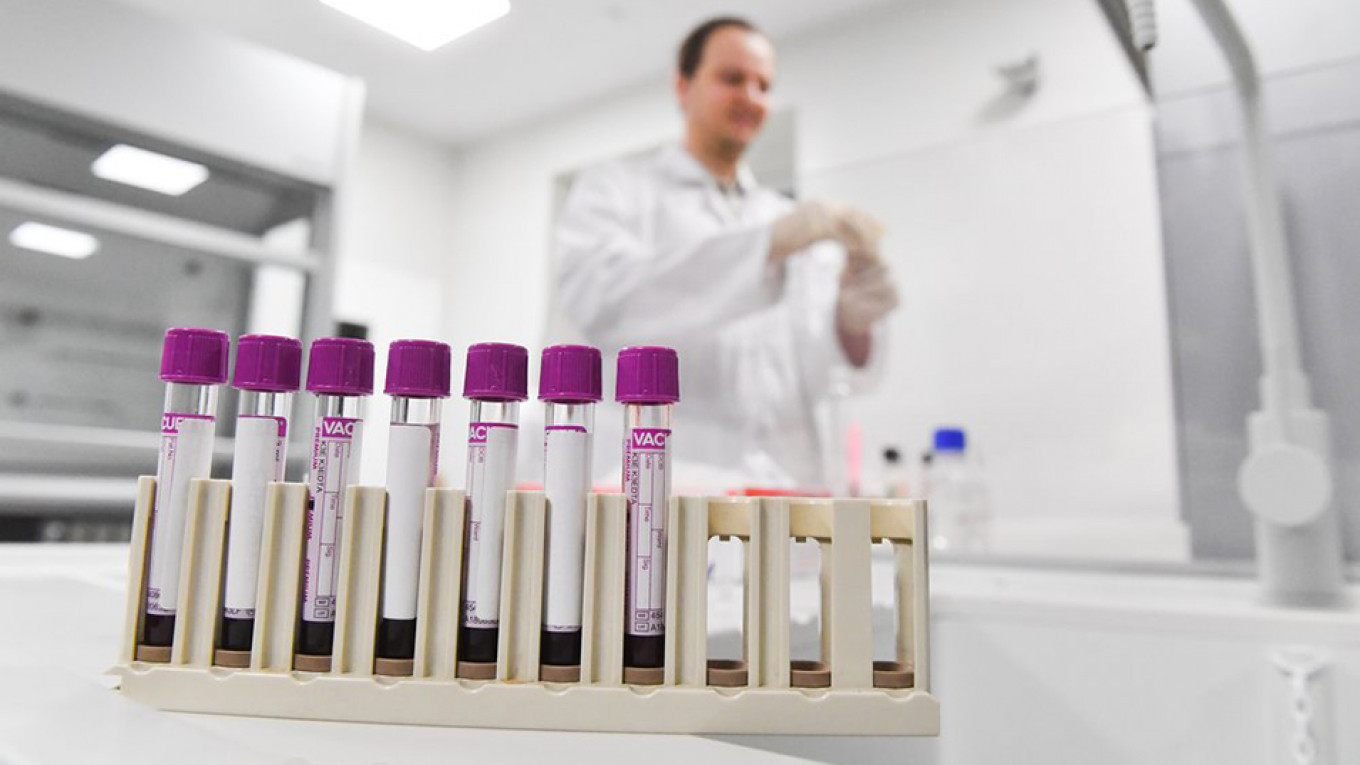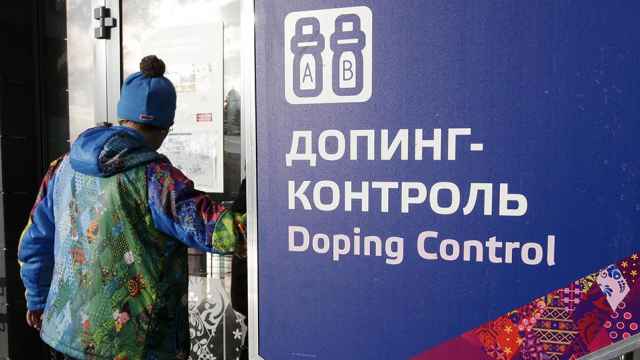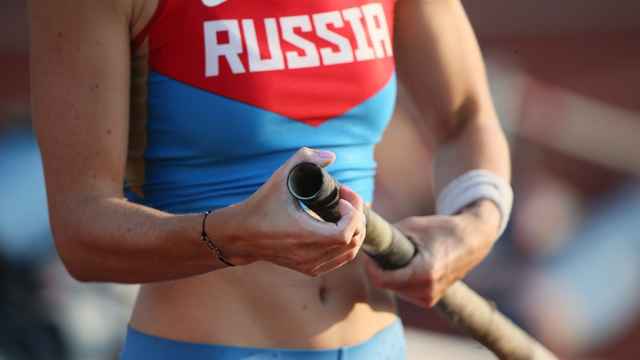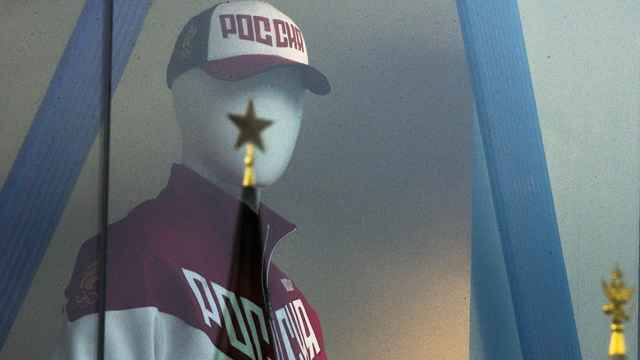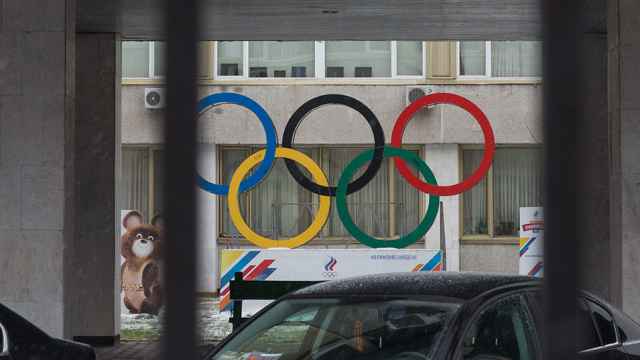The World Anti-Doping Agency (WADA) said on Wednesday it had provisionally suspended the status of Moscow's anti-doping laboratory that had allowed it to analyze athlete biological passports (ABP) as Russia's doping scandal continues.
The move comes little more than a month after WADA barred Russians from competing under their country's flag at major international events for four years as punishment for having provided it with doctored laboratory data.
Russia's appeal against the sanctions, which also bar it from hosting or bidding for major events, will be heard by the Court of Arbitration for Sport (CAS).
WADA said in a statement that the Moscow laboratory would not be allowed to carry out "any work related to the analysis of blood samples in connection with the Athlete Biological Passport (ABP) program" pending disciplinary proceedings.
WADA said its Laboratory Expert Group had deemed Moscow's deletion and alteration of laboratory data to be "a serious violation."
The laboratory's full accreditation was revoked in 2015 after a WADA-commissioned report found evidence of institutionalized doping in Russian athletics. The country's athletics federation and anti-doping agency RUSADA were also suspended in the wake of the scandal.
In 2016 WADA authorized the laboratory to analyze athlete biological passports (ABP) to ensure the program's continuity. However, its right to carry out other anti-doping activities remains revoked.
ABP is designed to monitor different biological components that reveal the effects of doping over time.
Russia has denied the existence of state-sponsored doping in the country but has at times acknowledged shortcomings in its enforcement of anti-doping regulations.
A Message from The Moscow Times:
Dear readers,
We are facing unprecedented challenges. Russia's Prosecutor General's Office has designated The Moscow Times as an "undesirable" organization, criminalizing our work and putting our staff at risk of prosecution. This follows our earlier unjust labeling as a "foreign agent."
These actions are direct attempts to silence independent journalism in Russia. The authorities claim our work "discredits the decisions of the Russian leadership." We see things differently: we strive to provide accurate, unbiased reporting on Russia.
We, the journalists of The Moscow Times, refuse to be silenced. But to continue our work, we need your help.
Your support, no matter how small, makes a world of difference. If you can, please support us monthly starting from just $2. It's quick to set up, and every contribution makes a significant impact.
By supporting The Moscow Times, you're defending open, independent journalism in the face of repression. Thank you for standing with us.
Remind me later.



